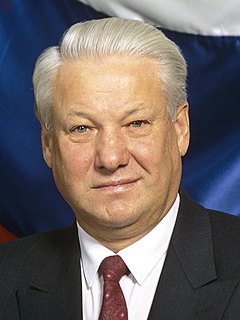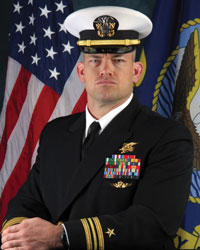A Quote by Noam Chomsky
The Great Seal was an early proclamation of 'humanitarian intervention,' to use the currently fashionable phrase.
Related Quotes
On humanitarian intervention in general, I guess my view is not unlike the view that was attributed to Gandhi, accurately or not, when he was supposedly asked what he thought about western civilization. He is supposed to have said that he thought it would be a good idea. Similarly, humanitarian intervention would be a good idea, in principle.
Hoping to garner the support of the American people, proponents of regime-change wars routinely cite humanitarian concerns to justify military intervention in foreign countries. But here is the reality: As a direct result of our intervention in Iraq and the overthrow of Saddam Hussein, human suffering increased dramatically.
What makes you a SEAL, what makes you a SEAL is being a good tactician on the battle field, understanding how to shoot, move, and communicate, knowing small unit maneuver warfare. That's what makes a good SEAL, and so that is the course of instruction that I taught, was getting SEAL platoons ready for deployments to Iraq and Afghanistan.



































